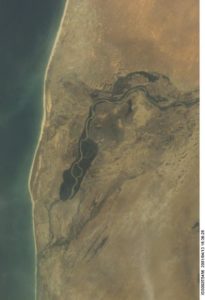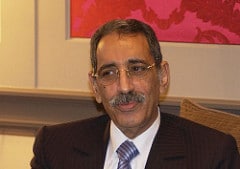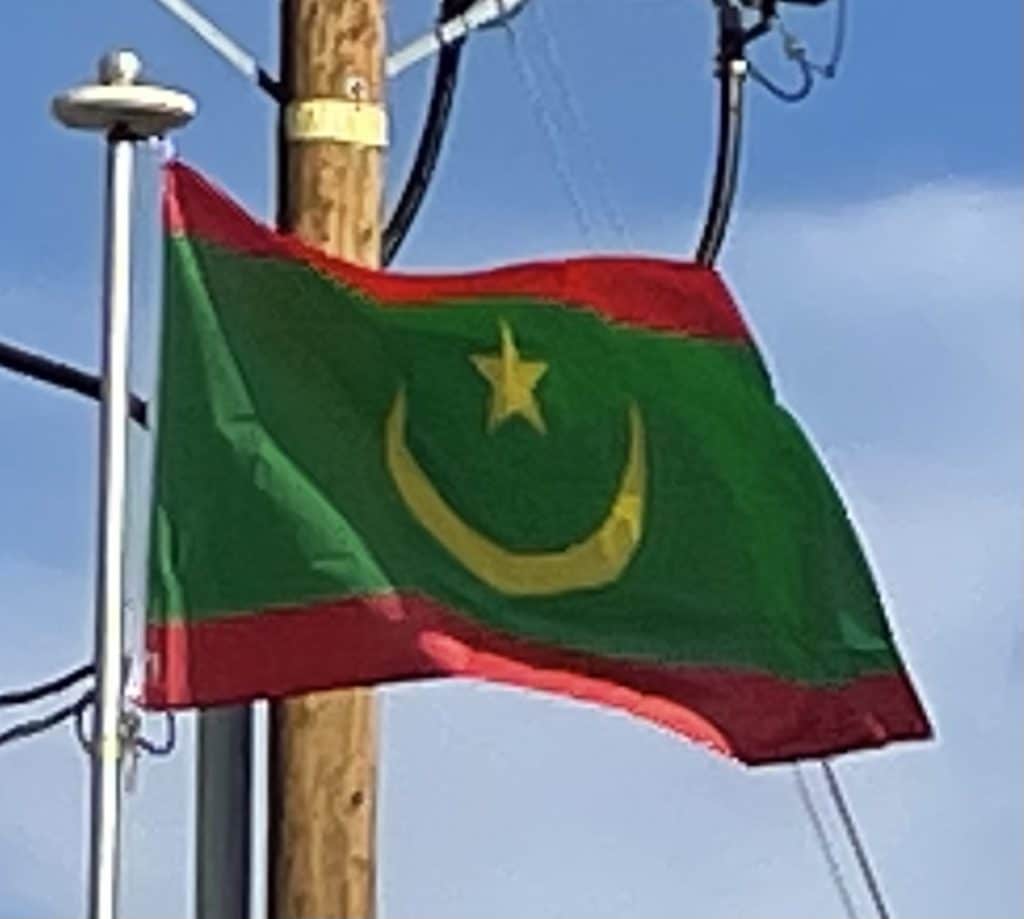
Following the incident, several riots erupted in Bakel, Dakar and other towns in Senegal, directed against the mainly Arabized Mauritanians who dominated the local retail business. The rioting, adding to already existing tensions, led to a campaign of terror against black Mauritanians, who are often seen as ‘Senegalese’ by Bidha’an, regardless of their nationality. As low scale conflict with Senegal continued into 1990/91, the Mauritanian government engaged in or encouraged acts of violence and seizures of property directed against the Halpularen ethnic group. The tension culminated in an international airlift agreed to by Senegal and Mauritania under international pressure to prevent further violence. The Mauritanian Government expelled tens of thousands of black Mauritanians. Most of these so-called ‘Senegalese’ had no ties to Senegal, and many have been repatriated from Senegal and Mali after 2007. The exact number of expulsions is not known but the United Nations High Commissioner for Refugees (UNHCR) estimates that, as of June 1991, 52,995 Mauritanian refugees were living in Senegal and at least 13,000 in Mali.
A group of current and former Army officers launched a violent and unsuccessful coup attempt on 8 June 2003. The leaders of the attempted coup escaped from the country, but some of them were caught, later on. Mauritania’s presidential election, its third since adopting the democratic process in 1992, took place on 7 November 2003. Six candidates, including Mauritania’s first female and first Haratine (descended from the original inhabitants of the Tassili n’Ajjer and Acacus Mountains during the Epipalaeolithic era) candidates, represented a wide variety of political goals and backgrounds. Incumbent President Maaouya Ould Sid’Ahmed Taya won reelection with 67.0% of the popular vote, according to the official figures, with Mohamed Khouna Ould Haidalla finishing second.
August 2005 Military Coup:
On 3 August 2005, a military coup led by Colonel Ely Ould Mohamed Vall ended Maaouya Ould Sid’Ahmed Taya’s twenty-one years of rule.

Taking advantage of Taya’s attendance at the funeral of Saudi King Fahd, the military, including members of the presidential guard, seized control of key points in the capital Nouakchott. The coup proceeded without loss of life. Calling themselves the Military Council for Justice and Democracy, the officers released the following statement:
“The national armed forces and security forces have unanimously decided to put a definitive end to the oppressive activities of the defunct authority, which our people have suffered from during the past years.”
The Military Council later issued another statement naming Colonel Vall as president and director of the national police force, the Sûreté Nationale. Vall, once regarded as a firm ally of the now-ousted president, had aided Taya in the coup that had originally brought him to power, and had later served as his security chief. Sixteen other officers were listed as members of the Council.
Though cautiously watched by the international community, the coup came to be generally accepted, with the military junta organizing elections within a promised two-year timeline. In a referendum on 26 June 2006, Mauritanians overwhelmingly (97%) approved a new constitution which limited the duration of a president’s stay in office. The leader of the junta, Col. Vall, promised to abide by the referendum and relinquish power peacefully. Mauritania’s establishment of relations with Israel – it is one of only three Arab states to recognize Israel – was maintained by the new regime, despite widespread criticism from the opposition. They considered that position as a legacy of the Taya regime’s attempts to curry favor with the West.
